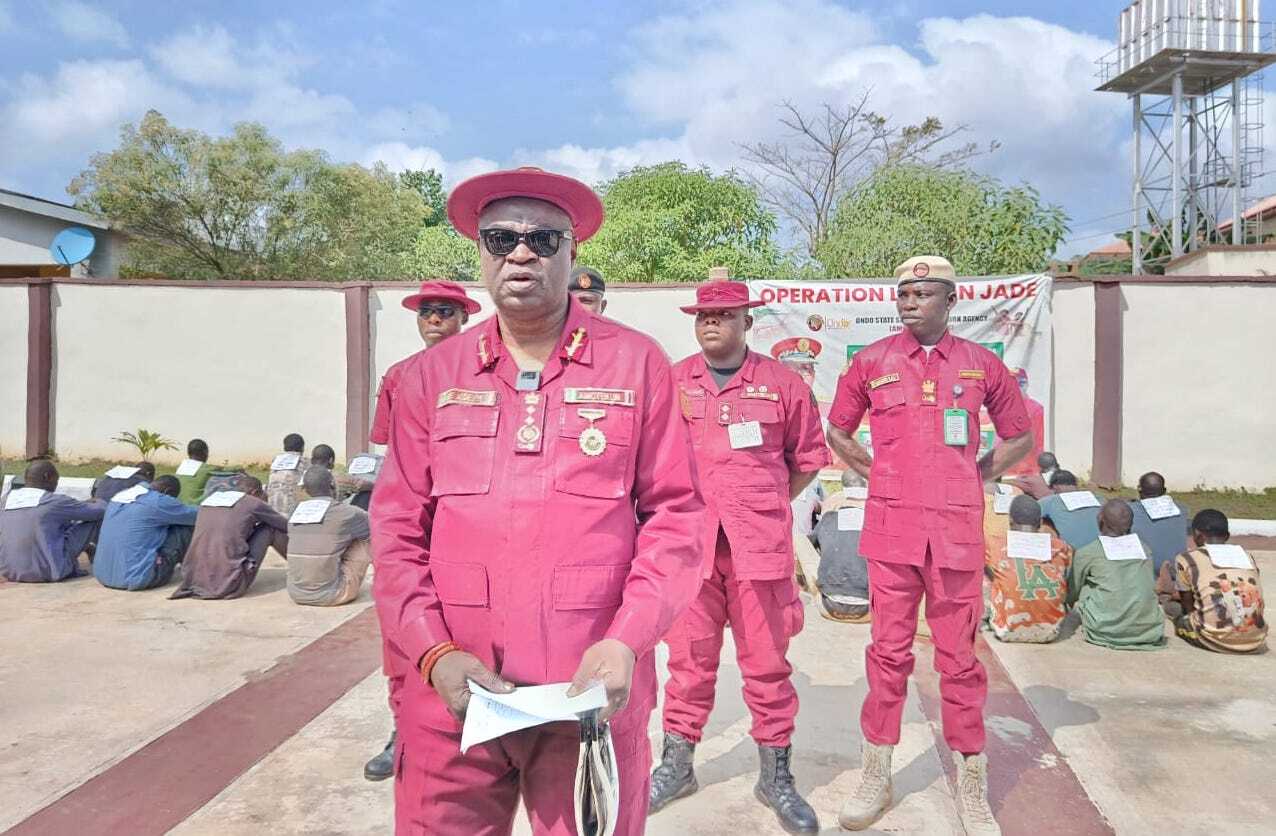Chairman of the Senate Committee on ICT and Cyber Security, Senator Shuaib Afolabi Salis, says Nigeria is on the brink of a major digital transformation as the Federal Government prepares to deploy 90,000 kilometres of fibre optic broadband nationwide.
Speaking at the Ogun 2025 NUJ Press Week in Abeokuta, themed “The Future of Journalism: Navigating AI and Objective Reporting”, Salis described the project as the next phase of the country’s communication revolution.
“This government under President Bola Tinubu is going to deploy 90,000 kilometres of fibre optic broadband across the country. Not just in some states, not just in some local governments; there is no ward that will not have fibre optic presence,” he declared.
Citing past scepticism about mobile telephony in Nigeria, Salis drew parallels with MTN’s success 25 years later. “The same way we had that revolution, another is about to happen in our digital space,” he said.
According to him, a 10 per cent increase in fibre penetration yields at least two per cent GDP growth. “Just imagine if we deploy fibre optic in every ward across Nigeria,” he noted.
Salis said Nigeria’s recent pitch at the UN General Assembly had attracted interest from global investors, adding that the initiative would combine government infrastructure with private sector participation to ensure corporate governance and sustainability.
He also highlighted Nigeria’s growing recognition in artificial intelligence. “Nigeria is ranked among the first 10 countries in the world with an AI strategy. What makes ours unique is that it was built collectively. We created a portal and invited Nigerians who are AI experts from across the world to contribute. The result is one of the most robust AI strategies in Africa,” he explained.
The senator disclosed that the National Assembly is set to pass the National Digital Economy and E-Government Bill to modernise Nigeria’s legal framework for digital transactions. “In 1998/1999, the digital economy contributed less than one per cent to our GDP. Today, it is close to 20 per cent. But that is not the full potential. The Bill will replace analogue laws that hinder electronic transactions,” he said.
On challenges posed by artificial intelligence, Salis warned that AI could fuel quackery in journalism. He urged schools of communication to integrate technology into their curricula and called for continuous professional development for journalists.
“The challenge for journalists is that AI can increase quackery in the profession. That’s why practising journalists must also undergo continuous capacity building,” he advised, pledging to partner with the Ogun NUJ Council on AI-driven training.
He also called on journalists to embrace self-regulation, stressing that ongoing reforms to Nigeria’s Cybercrime Law will continue to balance freedom of expression and national security.
“Facts are sacred, opinions are free. Objectivity remains at the kernel of any credible media organisation,” he affirmed.






